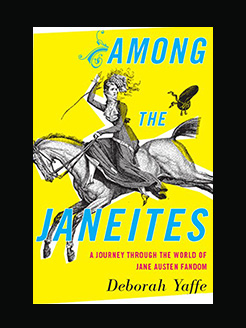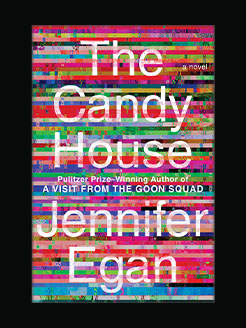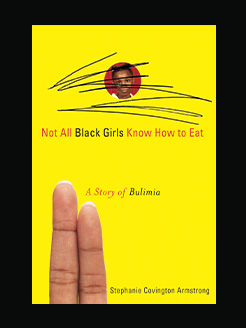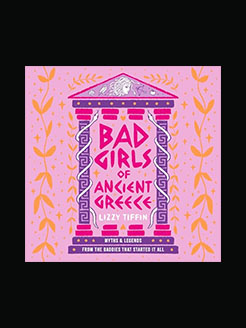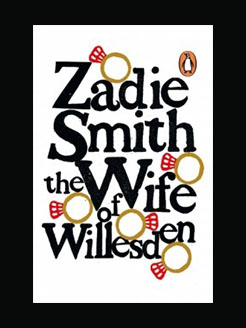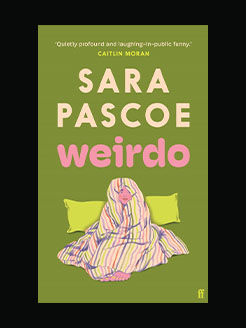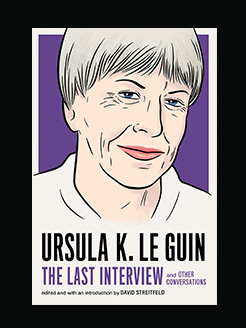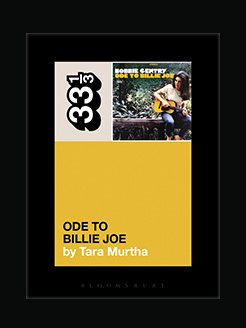Helen Garner writes novels, stories, screenplays, and works of non-fiction. In 2006 she received the inaugural Melbourne Prize for Literature, and in 2016 she won the prestigious Windham–Campbell Literature Prize for Non-fiction. In 2019 she was honoured with the Australia Council Award for Lifetime Achievement in Literature. Her books include Monkey Grip, The Children’s Bach, Cosmo Cosmolino, The Spare Room, The First Stone, This House of Grief, Everywhere I Look, and her diaries Yellow Notebook, One Day I’ll Remember This, and How to End a Story.
What is this book about?
Now in a new edition with a foreword by Rumaan Alam, a modern classic from one of Australia’s greatest writers.
“It’s high time American readers knew her generous, category-defying imagination.”—New York Times
“The Children’s Bach is [Garner’s] masterpiece.”—Public Books
Set in suburban Melbourne in the early 1980s, The Children’s Bach centers on Dexter and Athena Fox, their two sons, and the insulated world they’ve built together. Despite the routine challenges of domestic life, they are largely happy. But when a friend from Dexter’s past resurfaces and introduces the couple to the city’s bohemian underground—unbound by routine and driven by desire—Athena begins to wonder if life might hold more for her, and the tenuous bonds that tie the Foxes together start to fray.
A literary institution in Australia, Helen Garner’s perfectly formed novels embody the tumultuous 1970s and 1980s. Drawn on a small canvas and with a subtle musical backdrop, The Children’s Bach is “a jewel” (Ben Lerner) within Garner’s revered catalogue, a beloved work that solidified her place among the masters of modern letters, a finely etched masterpiece that weighs the burdens of commitment against the costs of liberation.
